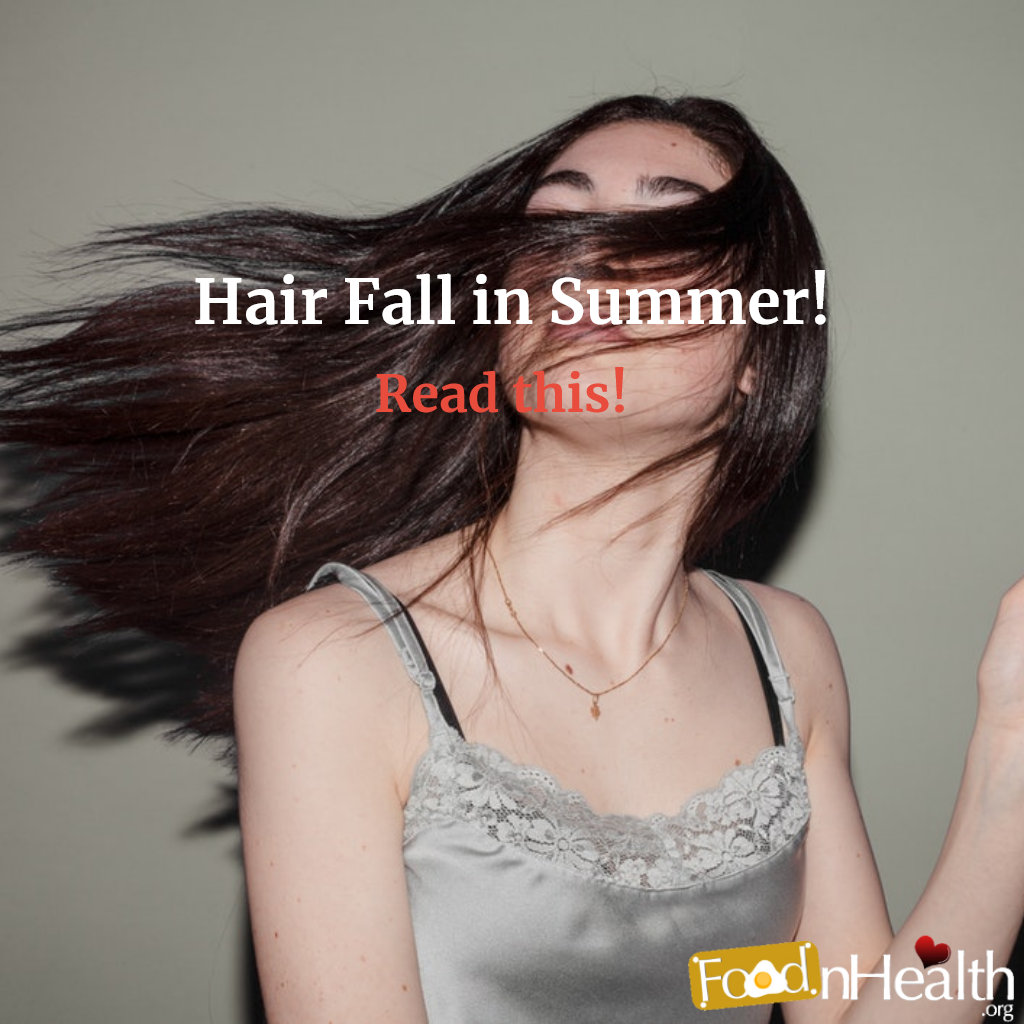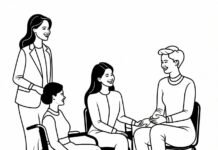In this article, we are going to talk about how summer can affect your hair and how you can tend to lose your hair strands in summer. We’ll also let you know about some easy and effective hair care tips by following which you can maintain the health of your hair, especially in summer.
The Blissful Summer Times and Hair Loss!
The summer months are truly a time of bliss with the sun, the waves and the warm weather. Unfortunately, along with the summer fun, hair damage also occurs, as the sun, chlorine, and seawater take quite a toll on your hair strands. The result of this damage is dry, brittle hair follicles that are prone to breakage and split ends. That is why you have probably noticed that your hair falls quite a bit in the summer!
About Hair Growth
The hair provides warmth and protects our skin and body from external damage. As part of the natural hair growth cycle, a person loses around 50 – 100 hair strands per day. Approximately 90 percent of the hair on our scalp is in the growth phase that lasts between 2 – 6 years. Once it reaches the end of its growth cycle, it falls out.
Hair Fall in Summer!
Due to more exposure to extremely hot weather, around 70 – 80 percent of hair strands can prematurely enter the resting phase; thus leading to more hair fall than usual. This is the main reason why many men and women experience this heightened hair loss typically in the months of June and July when it really heats up outside.

However, seasonal hair loss is not a big matter of concern. As hair falls out, hair re-growth occurs as well. As long as you are not noticing the actual bald spots or thinning of hair, your hair will be fine. So, when should you see a dermatologist?
The right time to visit a doctor is when you notice your hair falling out in a pattern, i.e. receding hairline or balding near temples or crown of the head, or when you notice excessive hair thinning or bald spots in general.
Know the Exact Causes of Your Hair Loss!
Hair loss mildly increases in the summer. So, in order to prevent your best summer time of the year from becoming the worst, it is essential to know the exact causes of your hair loss in the summer, so that you can be able to adapt some damage-control tips and solutions.
Below mentioned are some of the summer things that could cause your hair to fall out in the warmer months:
- The Sun
Knowingly or unknowingly, we usually tend to bake our heads when we are out under the summer sun, which is the major reason behind summer hair loss. The UV rays of the sun can adversely affect your hair by sucking out every trace of moisture in it and make your locks dull, dry, and discolored. In addition, dry hair is more brittle, which is why it breaks easily.
- Dandruff
Hot weather is known to aggravate dandruff and cause a flare-up because higher temperatures are ideal for the dandruff-causing microbe, to thrive. If left untreated, dandruff can make your scalp itchy and inflamed, resulting in temporary hair fall.
- Air Conditioning
Air conditioners are probably the worst enemy of your locks. And we tend to use them a lot more in summer. Air conditioners pull out the moisture from your locks and leave them dry, leading them breaking off.
- Chlorine
In summer, your hair is exposed to chemicals in swimming pools such as chlorine, which can cause harm or damage to your hair. The reason behind is that the chlorine contains chemical properties that dry out the shaft of your hair and strip off the sebum, which can result in it becoming dull, brittle and prone to breakage.
Hair care tips you need to follow in the summer!
The frightful weather and the lazy days – it’s been so challenging with the hair care routine. Don’t let this summer so harsh on your heads; in fact, be a warrior to deal with the worst conditions of this hot weather!
- Prevent the summer sun by protecting your hair with a large hat, cap, umbrella or some other heat protector.
- In order to avoid dandruff, it is essential for you to use an anti-dandruff shampoo in the summer months.
- To avoid the bad effects of air conditioners and to provide the moisture to your hair, you should try using a leave-in conditioner, or applying hydrating hair masks to your hair about once a week.
- To prevent the chemical properties of chlorine, you should massage your scalp by applying some olive or coconut oil to coat it and keep it moisturized.

Effective Hair Loss Treatments
In case your hair fall/hair loss problem has reached the later stages where you are not able to control it and you are facing the bald spots gradually, you can consider some effective and useful medical hair loss solutions such as:
- PRP Therapy
PRP therapy is the process of injecting the platelet-rich plasma into the affected areas. The platelets present in the patient’s blood consist of hundreds of proteins, which are known as growth factors. The platelets are very effective in treating hair loss conditions.
- Hair Transplant Surgery
The surgical procedure by which the hair grows naturally and permanently is known as hair transplant. To eliminate the hair loss/baldness problems efficiently, the most precise, productive & uncomplicated hair transplant techniques are FUE (Follicular Unit Extraction) and FUT (Follicular Unit Transplant). They are reliable & cost-effective methods, which are widely used to grow natural hair follicles on an individual’s scalp.























